Two columns of children crossed the concourse while I was seeking an old buffer to polish a trophy for assembly. I followed them to their briefing on Voting in a General Election. Year 12 Poll Clerks waited for them in the back of Reception, directing them to the booths, shushing discussion or other undemocratic behaviour and turning away sixth former students without lanyards (just or unjust, they have to learn). Not that there hadn‘t been canvassing in a rather odd way according to a conversation that passed me in Block 5. ‘If I vote Reform, you have to vote Green to give them a fair chance’. Ah me, Tallis Character misplaced, in so many ways.
A small boy was confused: ‘I thought we weren’t old enough to vote?’ so we explained that this was a mock, training them for adult life. An older girl wondered ‘Do they vote the same in America?’. No, I said, forbearing to wail that their poll seems certain to bring catastrophe for all.
Perhaps by the time you read this the result will be abroad. The canny trainer-clad folks of Newcastle or Houghton and Sunderland South will have won the fastest count race and we’ll be set for another five years. I taught in Houghton-le-Spring for 3 years so I have a pride in their speedy tellers. You know my politics. I won’t belabour you with them.
Someone was so kind as to ask me about my career yesterday and what I thought was important for the future of English schools after the election. Inevitably I said that while money is the big problem, recruitment and retention of teachers is bigger. Something can be done about the latter while the former is recovering from our own catastrophes.
How? Simple. Teachers need an even break. They need to be valued, talked up, recognised. Teaching as a career needs to be rebranded and readvertised. Its fundamental motivations – to do good, to change the world, to make a difference, to share knowledge, to build an educated citizenry, to set a good example of adult life – need to take front and centre stage. Teachers need to step out from the shadow of the NHS and fill the space. These people preserve and save lives too: they turn your children into adults.
The Festival of Education is happening today and tomorrow at Wellington College and loads of teachers will be there. It’s a big gig that I spoke at about 5 years ago. I got off a packed train from London and walked in a huge crocodile of bright young things, all keen and excited to hear the latest. They’d been lauding it loudly since Paddington.
This year I note that ‘Artificial Intelligence, Ofsted, Cognitive Science, Great Teaching, Coaching, SEND and sustainability’ are themes. Nothing wrong with any of them but – unless they’re part of a bigger vision for education they’re just so much glitter and gloss.
If I may gloom? AI could completely undermine teaching and the nature of knowledge, Ofsted is just a regulator with a snapshot camera, cog sci is interesting but not sufficient, great teaching is an art that can’t always be mandated or taught, coaching is part of any sensible leadership system, duh, SEND needs a week to itself and the climate emergency can’t be solved by schools. None of these solve our problem because none of them get to the bottom of what hooks and keeps teachers. No-one’s asking what schools are for, what childhood is for and how they might best be provided and served. Where’s the learning? Where’s the love?
I’ve just rediscovered Arlo Guthrie’s 1969 song Alice’s Restaurant Massacree. Do listen to it if you have a spare 19 minutes. When he finally gets around to talking about the draft he describes the office as a place where they’re ‘injected, inspected, detected, infected, neglected and selected’. It’s a bit too close to an accurate description of client, compliant English schools for my liking.
If the people who look like they’ll win tomorrow win tomorrow they’ve got a mission. While nodding to the regulation surface dressing, they look like they’ll dig to the bedrock of the problem: ending child poverty, solving chronic social insecurity and ‘supporting a profession of excellent teachers, encouraged to develop as experts in their field, and valued for the work they do’. Only words yet, I know, but some words are worth more than others.
We know about the worth of words at Tallis. We talk about values and virtues, powerful knowledge, habits of learning and character traits, about signature pedagogy and threshold concepts, inclusion and creativity, a broad and balanced curriculum and about making sure every child is seen, known and loved. We try to be a model community and a blueprint for a better world. We want to understand the world and change it for the better. We resist the gloss and embrace the risks required to serve our children well.
Educators everywhere are in a desperate state, clinging on by our fingernails for a glimmer of hope. Everywhere democracy is under threat from people peddling dangerous glittery answers to serious human problems. As I look out of the window there are still columns of children going to the poll. At this moment, they think they’ll always vote and that no adult cynicism will make them reluctant to leave the sofa and demand a better life for themselves and their children.
My teacher grandmother didn’t get the vote until she was 27, so she took it very seriously. I hope that these children will too. That better world is in our hands and theirs. I hope we all have the courage to make the most of it.
CR
3.7.24


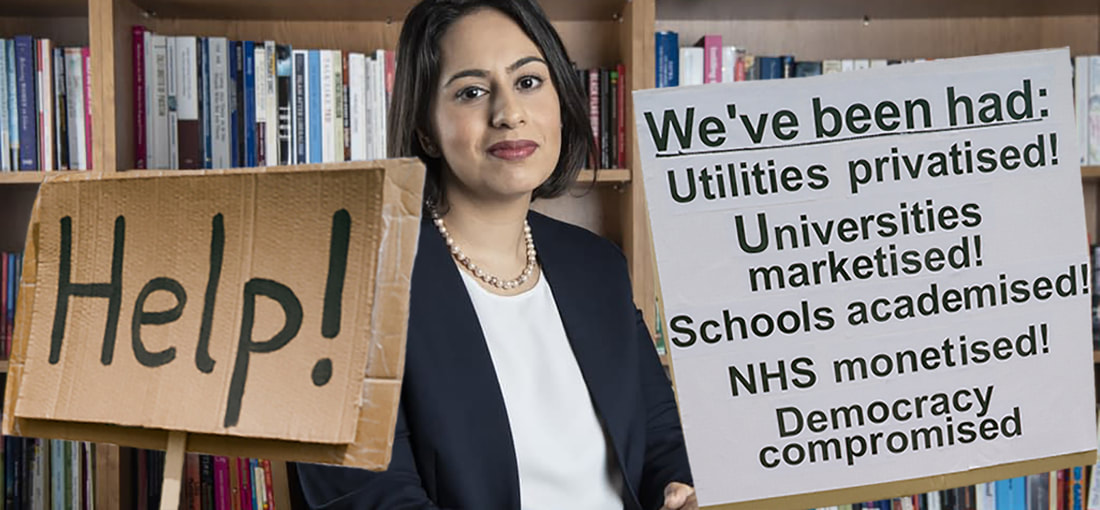
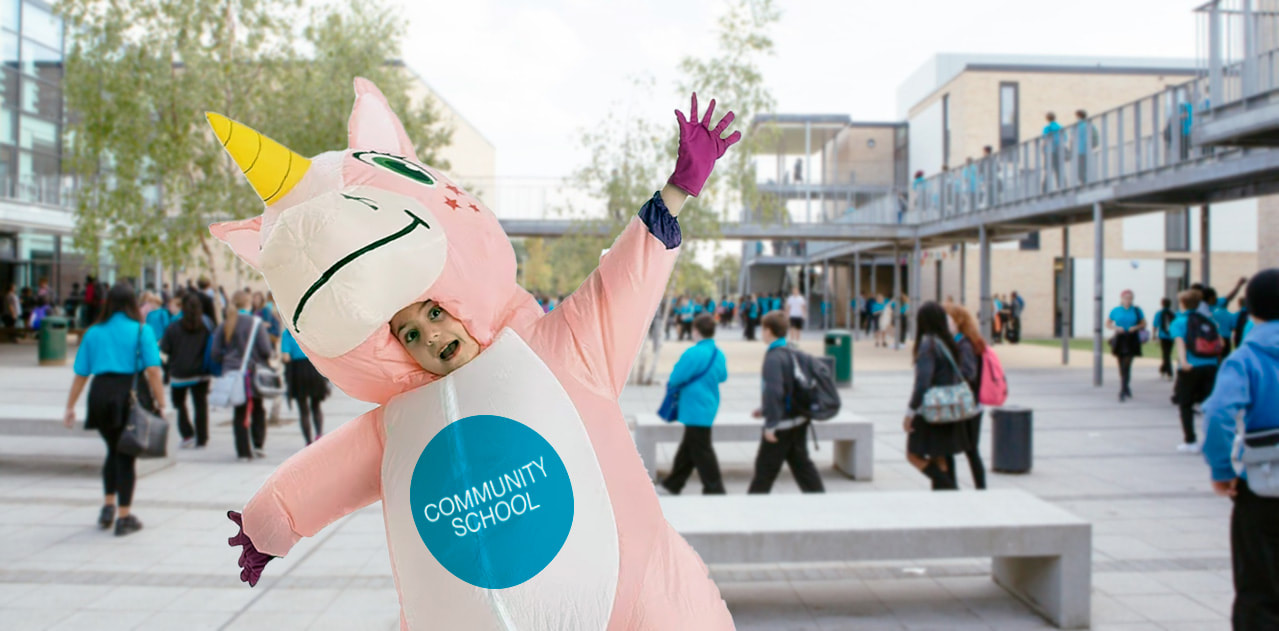



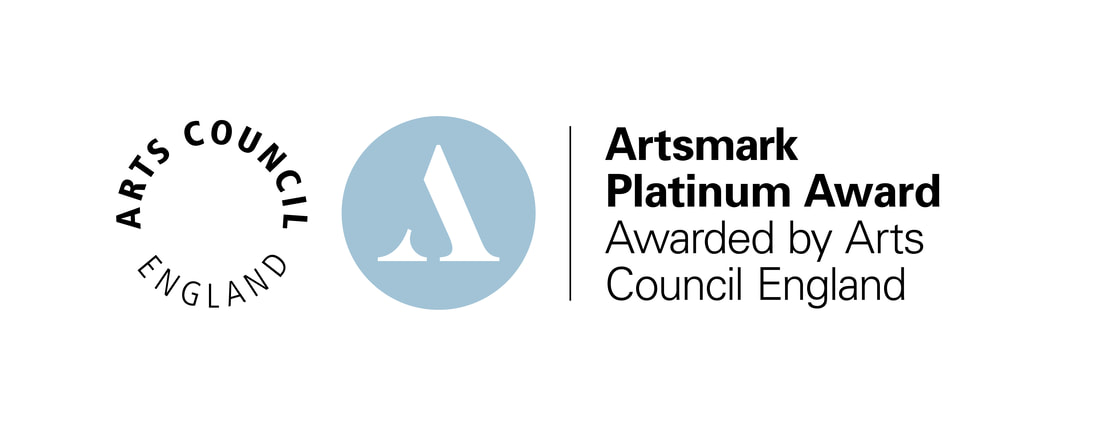


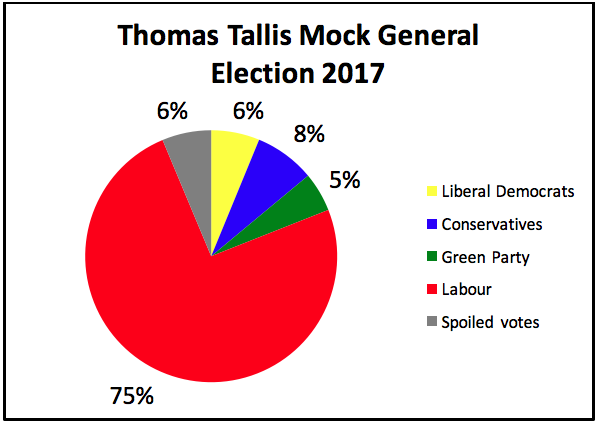

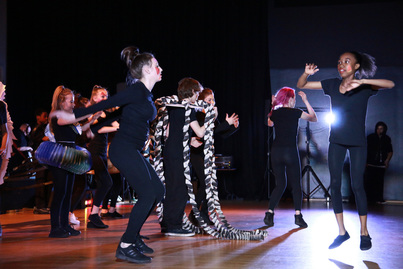



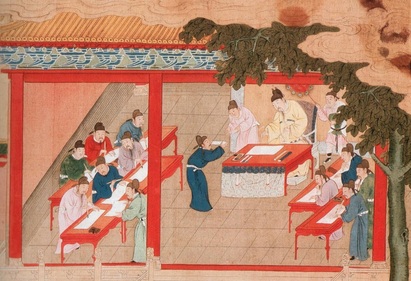
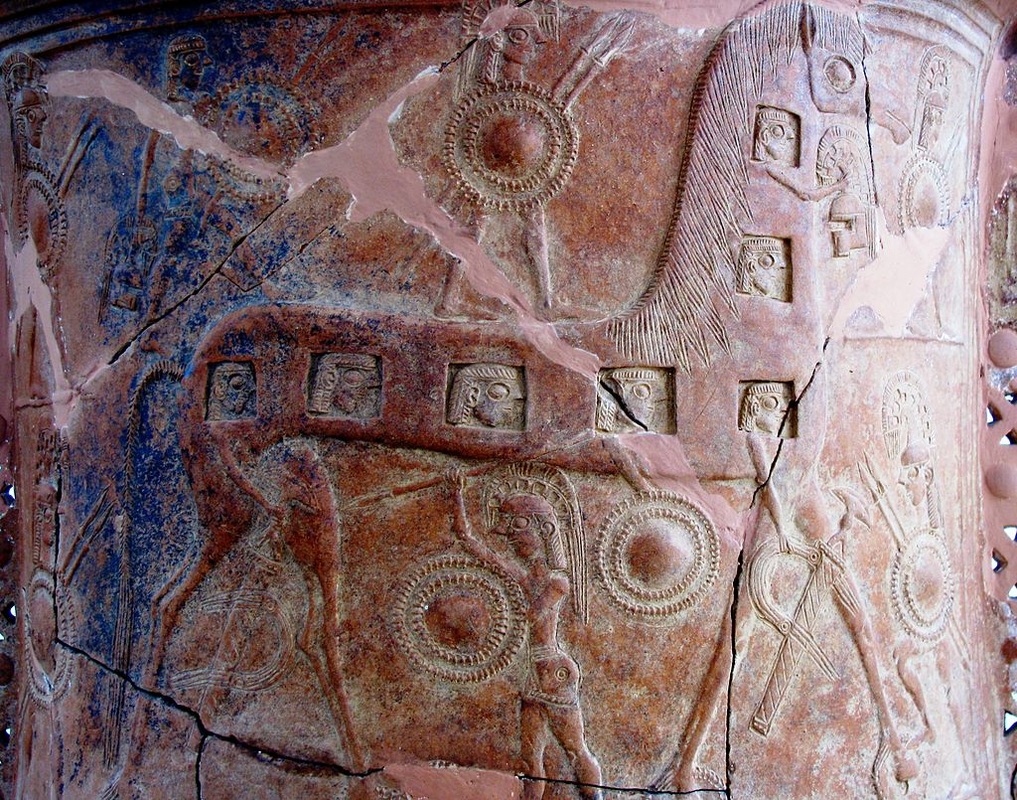

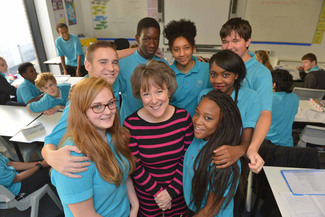
 RSS Feed
RSS Feed